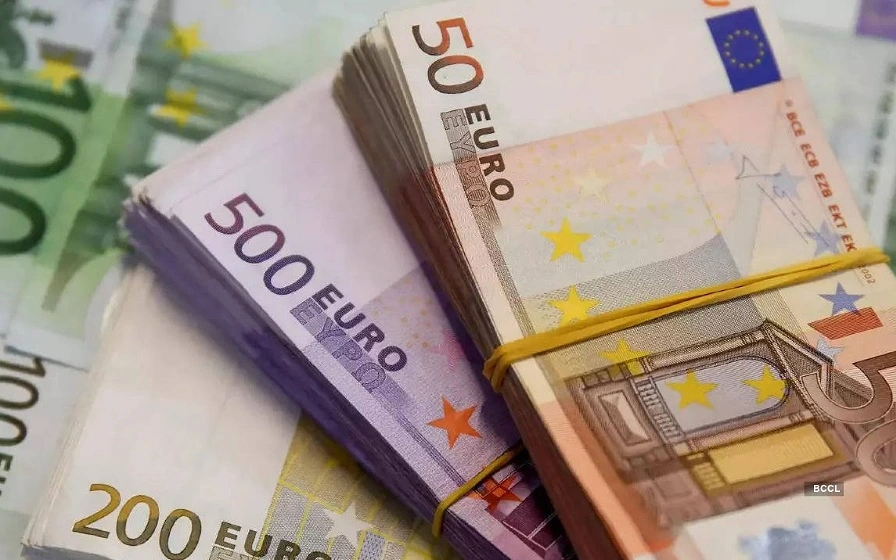The euro fell against the US dollar on Tuesday, edging closer to parity with the greenback for the first time in 20 years.
By 10:20 GMT, the euro was down 0.2 percent at a low of $1.00170.
The currency has been significantly weakened by high inflation and Europe’s energy crisis due to the war in Ukraine.
Russia supplied nearly 40 percent of Europe’s gas before the war with Ukraine, and the bloc has since attempted to reduce dependence on fuel from the country.
Meanwhile, Russia temporarily suspended gas deliveries via the Nord Stream 1 pipeline on Monday for “annual summer maintenance works”.
The pipeline is Europe’s single biggest piece of gas import infrastructure, carrying around 55 billion cubic meters of gas per year from Russia to Germany via the Baltic Sea.
The suspension will last for 10 days, but there are concerns that it might be extended because of the war in Ukraine.
“There doesn’t seem to be a lot of support for euro at this point. It does not just relate to gas prices but to what seems to be a split within the ECB over how far they raise rates,” Sarah Hewin, senior economist at Standard Chartered, told Reuters.
“The expectation is for the (US Federal Reserve) to do 75 bps this month and its aim seems to be to get to neutral (rates) as soon as possible, while with ECB, it’s more of a mixed message given the backdrop over gas.”
The European Central Bank (ECB) had announced plans to hike interest rates this month to tackle inflation.
In Nigeria, the naira exchanges around N610 and N420 per dollar at the parallel and official markets.

